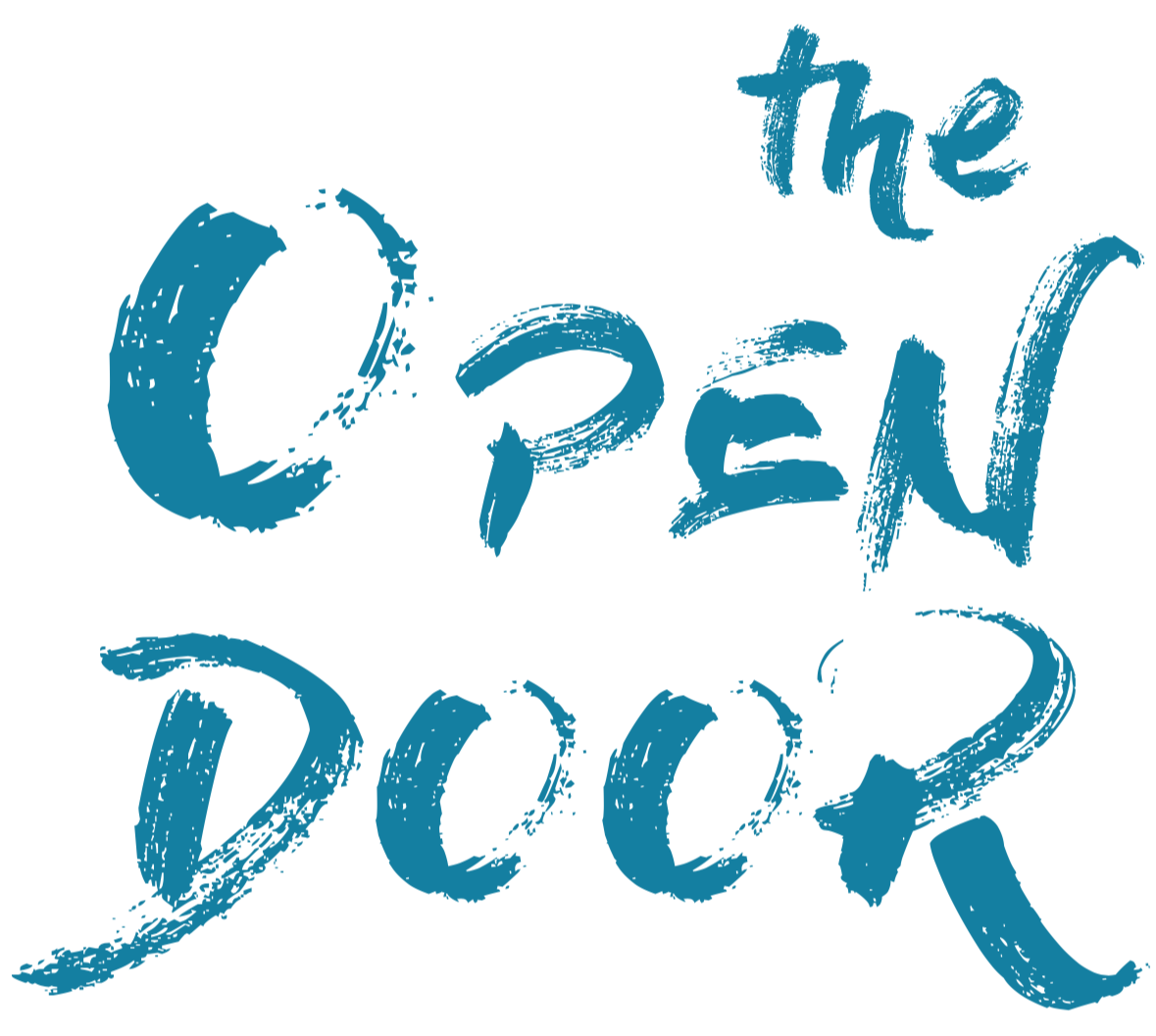Crazy Thoughts? Come to your Senses!
Have you ever been driven crazy by your own thoughts?
Our human capacity to think things through has enabled many wonders of our civilization. On an everyday level, if you want to learn a new skill; sort out your finances or plan an event, your capacity for reasoned thought will make this possible. However, thoughts are not the best tool in the box to help solve every life issue. In fact, they can sometimes make situations worse.
Suppose you feel jarred following a tricky conversation with a friend or family member and are ruminating on what they said; what they 'really' meant and so on. Rumination is what cows and other, well - ruminants, do when they repeatedly regurgitate and chew again previously swallowed food. Thoughts too can be regurgitated and 'chewed over' again and again: in fact, many more times than any bit of grass being digested by a sheep or cow.
Fundamentally, emotions are composed of sensations in the body - for example a tightening or stiffening in the case of a difficult emotion such as feeling hurt - and a thought-based interpretation of events, which we could call a 'thought-story'. You know the sort of thing: "this person is always criticizing me… always being an idiot… always trying to get their own way… etc". While there may be grains of truth in our interpretation, the more we over-think it, the more likely we are to worsen a situation (that little word 'always' is a giveaway). Our own thoughts can increase our stress not just in relationships with others but in all sorts of everyday ways such as struggling with technology, health issues, or just getting through the tasks of the day.
So, can we simply decide not to ruminate; just to snap out of it? If you've ever attempted this, you will probably have found how difficult it can be. It's as if our thoughts have a mind of their own, and our puny attempts to control them by an act of will often have little or no effect. So, what's to be done?
Deliberately shifting one's attention away from thoughts and into our immediate sense experience - especially sensations in the body - opens a doorway into a different mode, away from the mental stories that may be simply adding more fuel to an already unwelcome fire. I think of this as 'coming to our senses'.
If I feel stressed about something, I can notice how it manifests in my body: perhaps my jaw is tight or my stomach clenched. If I gently pay close attention to the sensations, my focus is drawn away from those persistent thoughts, creating a pause in which something different can happen. Recognising the tightness in my jaw opens the possibility that I could encourage myself to release the tension. I may gently notice the sensations of breathing in my belly, softening the tightness. In so doing, I may become more aware of the raw feeling of being upset. This may be uncomfortable, yet greater awareness of emotions brings a greater sense of choice, for example, seeing the issue from a bigger perspective and the possibility of calming down.
It is all too easy to inhabit a highly mental world, in which we are not much aware of our bodies. Even when doing exercise, ideas of what we should be achieving, or thoughts about all sorts of other things, frequently dominate. Living in our heads in this way comes at a cost. Not simply the tendency to unhelpful over-thinking but also the fact that we are less present to the beauty and joy that is there in the world.
I sometimes joke that mindfulness could have been called 'bodyfulness'.
Next time your thoughts are driving you crazy, try deliberately shifting your focus to the sensations of your body; resting down with gravity or the flow of your breathing for a few minutes. And just do this as best you can. Maybe your habitual thoughts will slow down just enough to shift the mood into a calmer, clearer perspective.
Annie Akasati McAuley
Annie runs 8 week Mindfulness Meditation and Compassion courses throughout the year. For more information visit: https://www.lovemindfulness.co.uk/
